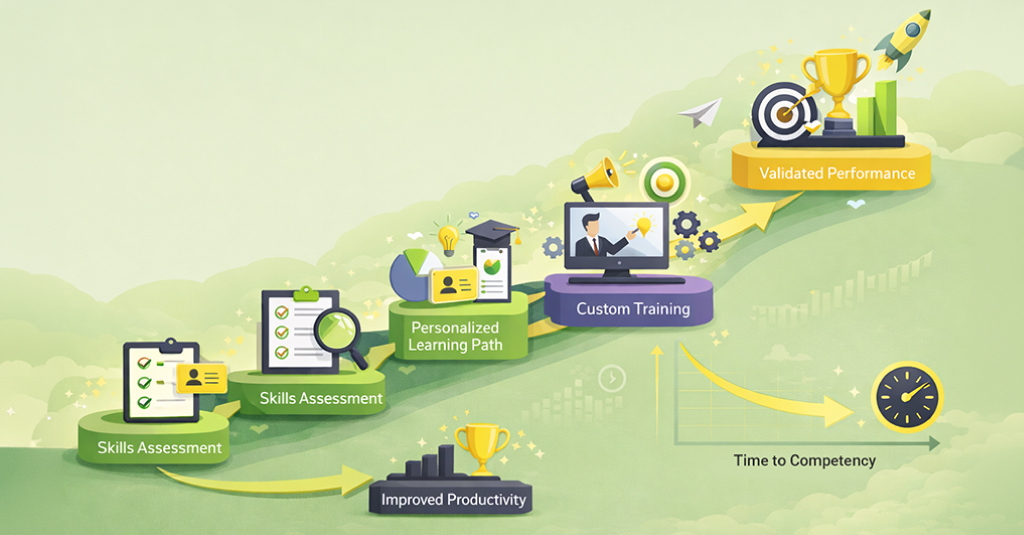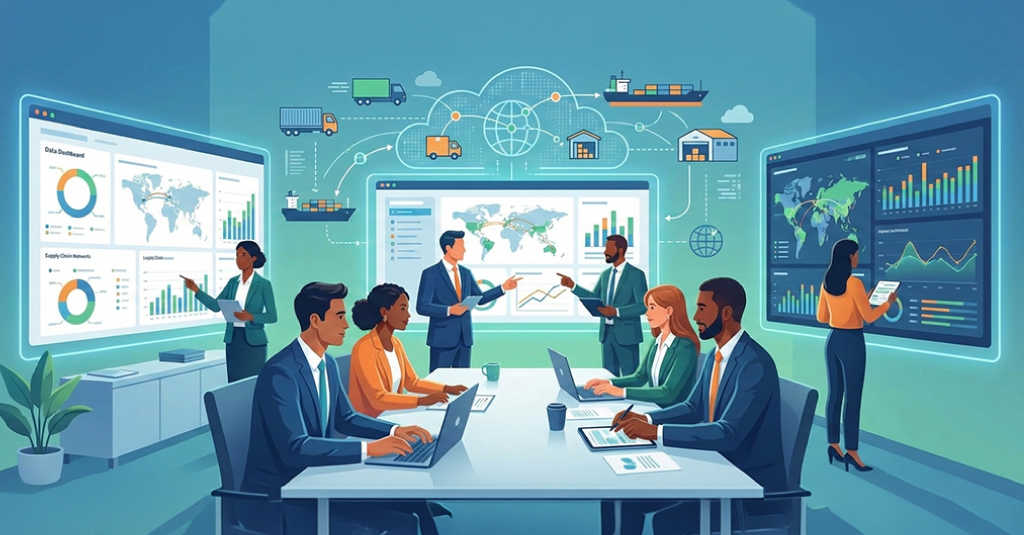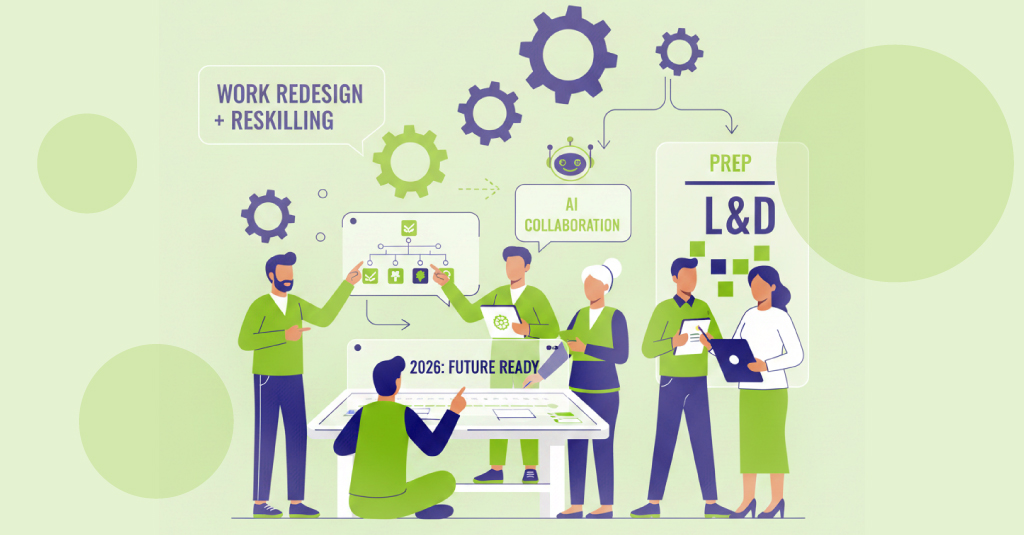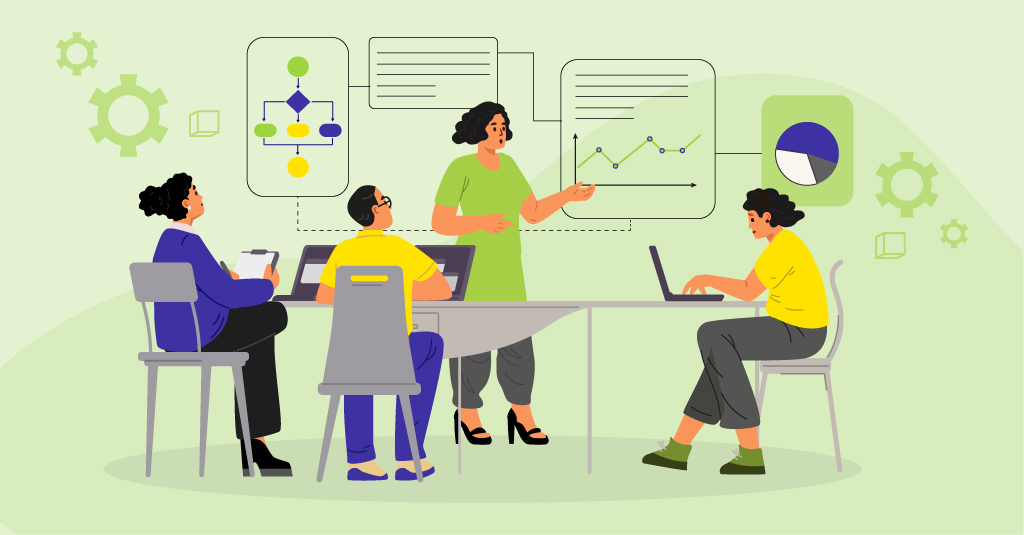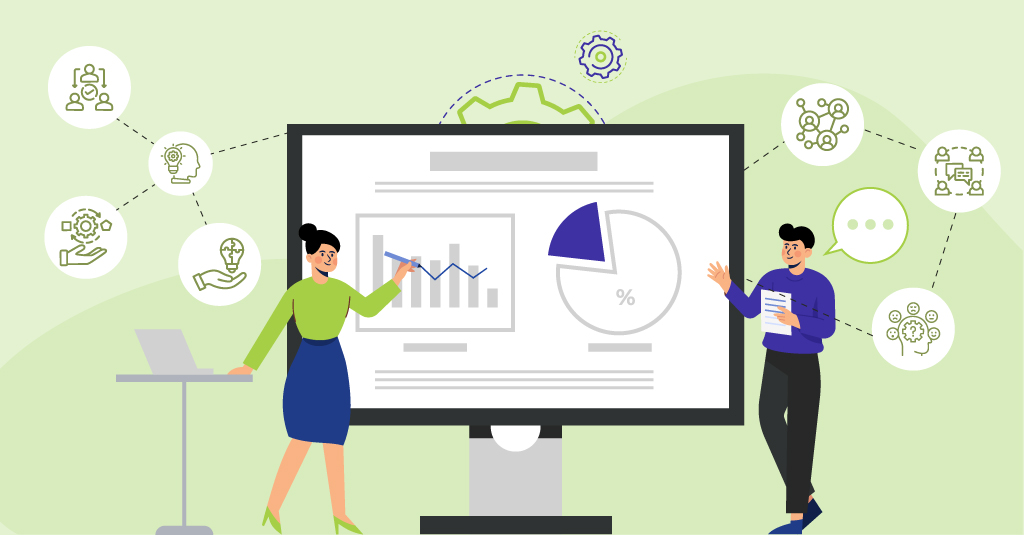
Challenges in the Arena of Pharma & Healthcare Training
The Pharma & Healthcare industry operates in a highly regulated environment with constant technological advancements, processes, and compliance standards; the stakes include:
- High Regulatory Compliance: Different bodies such as the FDA and ICH present high expectations on compliance with GxP, which requires employees to be updated on the safety protocols of their product and the efficiency of the processes. Non-compliance can both cause operational setbacks and bring risks of hazards.
- Technological Advancements: As drug manufacturing technologies advance dramatically, it is a test for the employee to keep them abreast of contemporary processes while doing their job.
- Cost-Effective and Scalable Training: The dispersed workforce in global pharma companies often makes in-person training impractical and costly. Efficient, scalable solutions that do not compromise in quality or consistency are therefore in need.
These are big hurdles to cross for sustained success in operations, and eLearning is here to provide a way to fight these battles.

Overcoming these Challenges through eLearning
- Flexibility and Accessibility: eLearning allows Pharma & Healthcare professionals to access training content anywhere, anytime, and on any device. From laboratory research setting to a sales representative meeting with healthcare providers, the availability of critical knowledge on-demand rests at their fingertips.
- Consistency and Compliance: With eLearning, regulatory training can be updated and rolled out across the organization. It would ensure the same quality of instruction reached manufacturing teams as it would in terms of quality instructions to sales representatives. It would ensure compliance with ever-changing standards such as those by the FDA or ICH. It would also eliminate inconsistencies caused by face-to-face training sessions.
- Engagement and Retention: The employees in Pharma & Healthcare deal with high amounts of complex information requiring cautious decisions. eLearning systems, which contain simulation, gamification, and scenario learning, ensure their ability to make decisions in controlled risk-free environments. For example, the simulation of equipment would help workers become familiar with new technologies without ceasing production, hence having a negative impact on their safety.
- Cost Efficiency and Scalability: It covers, within its folds, saving travel, accommodation, and venue costs because eLearning provides a cheap method of training for a dispersed workforce. Also, organizations can scale their training activities as new hires can be onboard quickly or existing staff may be trained in any new regulatory updates.

Key areas eLearning Is Making Its Impact in Pharma & Healthcare
- Regulatory Compliance Training: A hallmark in the Pharma & Healthcare industry, compliance is an indispensable aspect. A series of customized eLearning solutions covers courses on GxP standards, FDA guidelines, and ICH requirements. Therefore, quality control as well as safety in drug development and manufacturing processes are ensured with all the staff staying abreast of the new updates.
- Equipment Operations and Technology Training: Some pharmaceutical companies use some very expensive equipment like HPLC. A simulated training for the operation of such devices can be completed by workers even through some eLearning modules where workers get hands-on experience in a virtual environment. This prevents costly mistakes but ensures the workers will continue to be proficient in the use of such sophisticated technologies.
- Clinical Trial Management: As the clinical trials advance through phases of Phase I to Phase IV, staff need to be proficient enough in using trial management software such as Medidata or Oracle Clinical. eLearning is full-scale training in all required skills of researchers and clinicians for them to cope with managing trials, while not violating regulatory requirements.
- Training for Sales and Medical Reps: Given the nature of the products involved, where product knowledge is a matter of life and death, reps must understand their products in depth. eLearning will teach reps drug mechanisms, therapeutic benefits, and comparisons of products-to communicate with healthcare providers better.
- Development of Soft Skills: Strong communication, empathy, and negotiation skills will also be imperative for Pharma & Healthcare professionals, especially while communicating with patients, healthcare professionals, or cross-functional teams. eLearning would thus be in a better position to provide soft skills training to improve the quality of interactions through specific scenarios.

We developed an eLearning course that integrates real-life scenarios, interactive simulations, and highly engaging video to effectively communicate these critical skills. Site staff went through scenario-based learning that simulated trial-related challenges, ranging from patient data handling to adherence to clinical protocols. Interactive decision-making tools provided instantaneous feedback, thus teaching learners what the outcome of their decisions would be without compromising the actual integrity of trials.
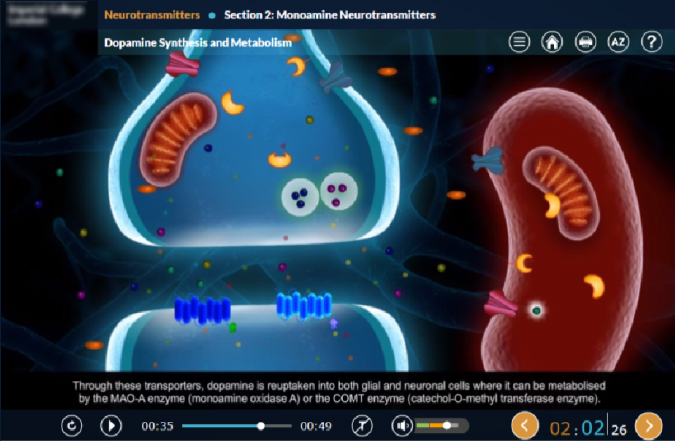
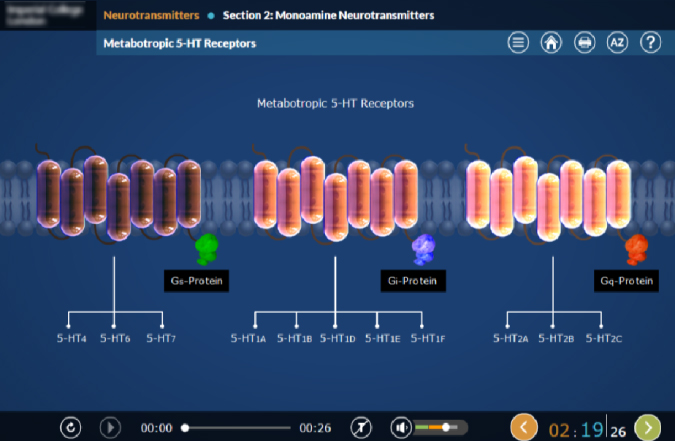
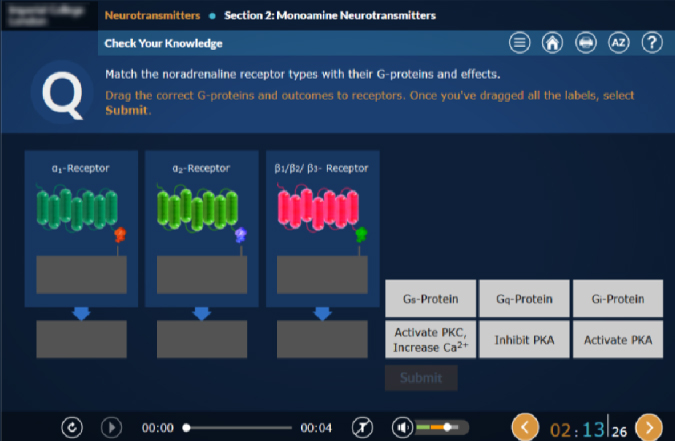
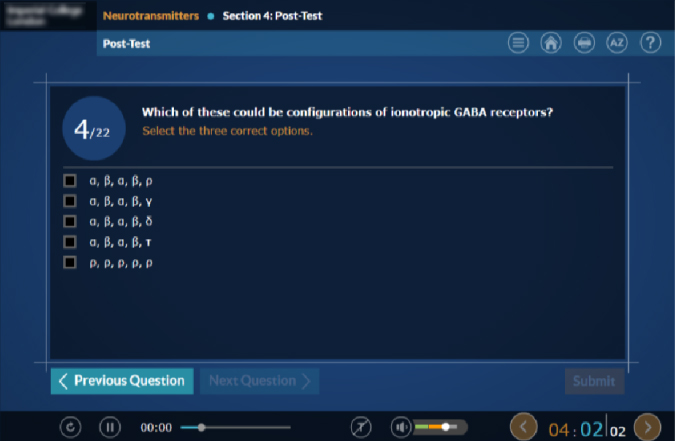
It yielded more than just following the rules of trial protocols; rather, it brought about huge improvements in efficiency and compliance of the entire trial across all global sites. The program was awarded an industry award that necessitated phenomenal recognition for innovative use of eLearning to solve the most complex of operational challenges.





